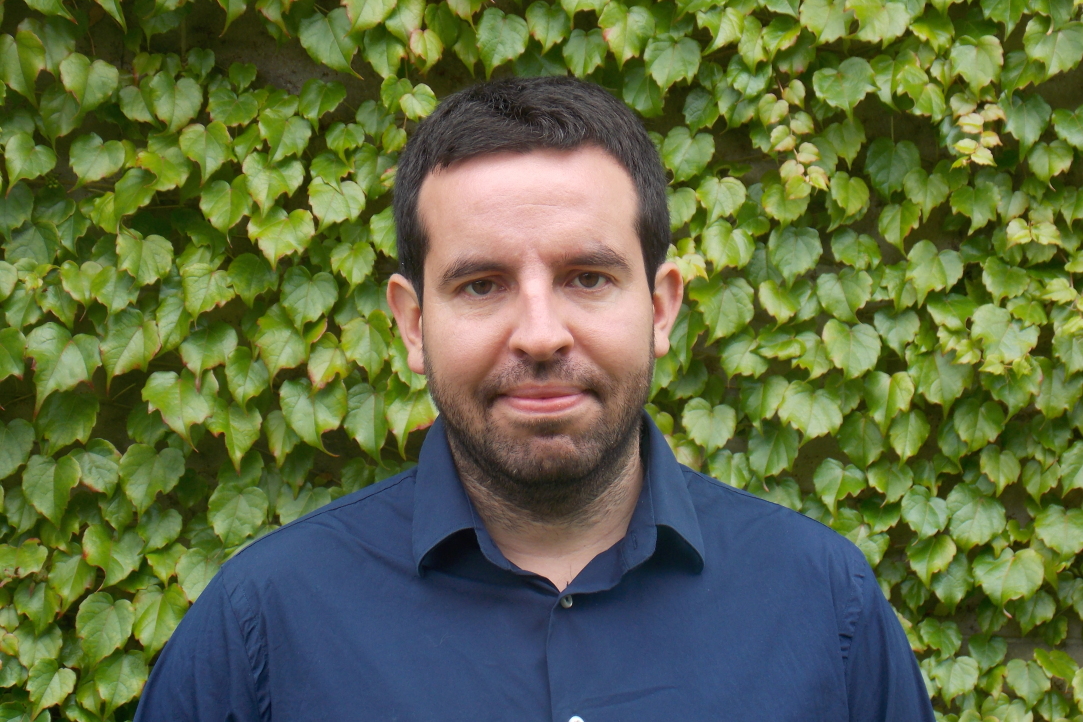Interview with Bernardo Pincheira Sarmiento, Postdoctoral Research Fellow at CInSt
Bernardo Pincheira Sarmiento joined the Center for Institutional Studies last year as a Postdoctoral Research Fellow in education. 6 months have passed, and it is time to share his fecund experience of working at HSE University and living in Moscow.

I am from Chile. I did my M.Sc. and my PhD in Economics at the University of Nottingham in the UK and after that I moved to Moscow to work as Research Fellow at HSE. I do research at the intersection between economics and education. In particular, I have a strong interest in peer effects (how your peers affect your own performance), and more in general in causal inference, aiming to develop educational policies.
Why did you apply for HSE Postdoctoral Research Fellow?
My first contact with HSE was by presenting in their big International Conference in April 2018. After that experience, I presented in another International Conference organised by HSE, this time in their campus in Perm. It gave me an opportunity to interact closer with faculty members and to acknowledge that it was a good please to work as a researcher. Furthermore, it has good international connections, with researchers from other top European institutions visiting regularly and it has a good international reputation.
Why did you choose Center for Institutional Studies specifically?
There is a wonderful group of researchers working in Economics of Education, and we complement each other very well. Moreover, my main supervisor from Nottingham, Gianni De Fraja, gave me great references about Maria Yudkevich, who is the director of the Center and the academic supervisor of Postdoctoral Research Fellows.
What project(s) are working on at CInSt?
I am starting the process of submission of my Job Market Paper, and in addition I have two ongoing projects with Russian data. One looks at the effects of employment while in high school on student achievement, and the other one which I just started uses network data to study peer effects.
What do you like the most at HSE University?
There are research seminars every week organised by the different Research Centres at the Faculty of Economics, which helps you to stay in touch with current research. Also, HSE organises many international conferences throughout the year in their different campuses, and Postdoctoral Researchers get funding to travel to conferences abroad.
What is your impression of Moscow?
So far warmer than expected! Even now in mid-January I get to the office cycling, which takes me around 20 minutes regardless of traffic conditions.
Moscow has many parks, so if you are an outdoors person like me there are several options of things to do during the weekend. And it has very good connectivity, with daily flights to most European capitals.
Is it difficult to work in Russia without speaking Russian?
At least not in HSE. The coordinator of the Center helped me with all the bureaucracy, and HSE acknowledges that there are many international faculty people working there. Furthermore, people at the International Office of HSE are very knowledgeable and friendly with any requests you may have. Outside the university the language barrier can be a problem, but if you have a translator in your phone it should be fine. Plus, in my experience people are quite friendly and willing to help you when they realise that you are a foreigner.
Have you faced any difficulties during your living, working life in Russia?
I remember two problems. On arrival to Moscow I strongly advise you to use one of the taxi applications instead of boarding a taxi directly there. I didn’t do that and despite me bargaining the price it was more expensive than using an app. And on a trip to Sochi my phone, where I had all the details of my reservation, stopped working. It was a big challenge to find someone who could speak English and who was willing to lend me a phone to retrieve the information, but I managed in the end to arrive to the accommodation safe and sound! Other than that, no problems and people at the Center are always willing to help me when I need any information or if I need to make a phone call to a non-English speaker person (like when I need to take my bike to the service shop).
Is there anything you would like to share with applicants?
Before coming to Moscow, I think it is useful to download a Russian keyboard to your smartphone and to try to learn the Cyrillic alphabet, because the names of the streets are not written in Latin. Other than that, if you have not been to Russia before, don’t believe all the myths about this country. It is not true that Russians stay drunk all the time with vodka, and Moscow is as safe as any other European capital.
We are happy to announce that the Center for Institutional Studies is hiring five postdoctoral research fellows.
Postdoctoral positions are open in the fields of:
- Applied Econometrics
- Banking
- Economic History
- Educational Studies
- Scientometrics
Deadline is February 9, 2020.
Postdoctoral Fellowship: Frequently Asked Questions (FAQ):
https://iri.hse.ru/faq_pd
Date
20 January
2020
Topics
About persons
